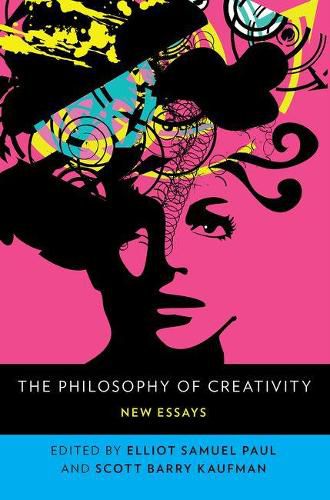Readings Newsletter
Become a Readings Member to make your shopping experience even easier.
Sign in or sign up for free!
You’re not far away from qualifying for FREE standard shipping within Australia
You’ve qualified for FREE standard shipping within Australia
The cart is loading…






Creativity pervades human life. It is the mark of individuality, the vehicle of self-expression, and the engine of progress in every human endeavor. It also raises a wealth of neglected and yet evocative philosophical questions: What is the role of consciousness in the creative process? How does the audience for a work for art influence its creation? How can creativity emerge through childhood pretending? Do great works of literature give us insight into human nature? Can a computer program really be creative? How do we define creativity in the first place? Is it a virtue? What is the difference between creativity in science and art? Can creativity be taught?
The new essays that comprise The Philosophy of Creativity take up these and other key questions and, in doing so, illustrate the value of interdisciplinary exchange. Written by leading philosophers and psychologists involved in studying creativity, the essays integrate philosophical insights with empirical research.
$9.00 standard shipping within Australia
FREE standard shipping within Australia for orders over $100.00
Express & International shipping calculated at checkout
Creativity pervades human life. It is the mark of individuality, the vehicle of self-expression, and the engine of progress in every human endeavor. It also raises a wealth of neglected and yet evocative philosophical questions: What is the role of consciousness in the creative process? How does the audience for a work for art influence its creation? How can creativity emerge through childhood pretending? Do great works of literature give us insight into human nature? Can a computer program really be creative? How do we define creativity in the first place? Is it a virtue? What is the difference between creativity in science and art? Can creativity be taught?
The new essays that comprise The Philosophy of Creativity take up these and other key questions and, in doing so, illustrate the value of interdisciplinary exchange. Written by leading philosophers and psychologists involved in studying creativity, the essays integrate philosophical insights with empirical research.